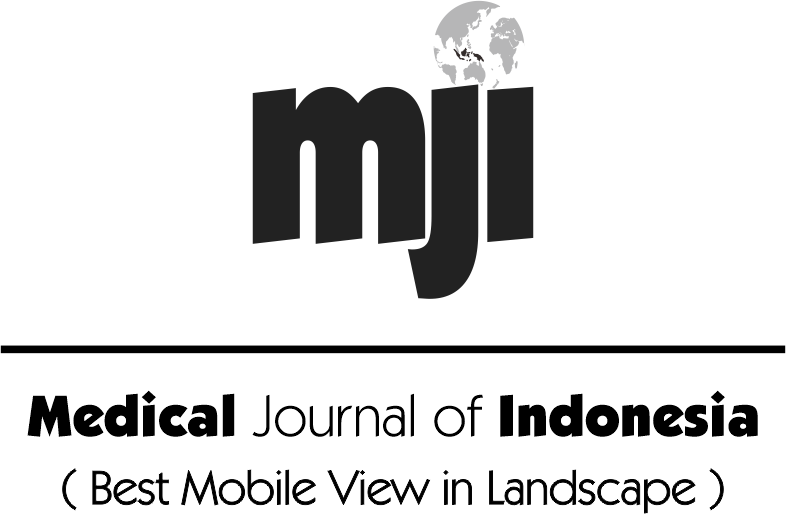Cancer is one of the four catastrophic diseases in Indonesia and is emerging as a major global public health challenge because it requires long-term and high-cost medical treatment. It is estimated that infections contribute to over 15% of malignancies worldwide; the prevalence is higher in developing countries compared to developed ones.
Infectious agents, including parasites with oncogenic potential, are often highly prevalent within the host population and persist within the host. The oncogenic potential of viral infections is well established and has been documented for many years; however, the contribution of commensal bacteria and parasites to the development and progression of cancers has only recently gained attention for study, resulting in a rapid growth of publications on microbiome. Indeed, various bacteria and parasites have been suggested to play a role in the development of cancer, particularly gastrointestinal cancer.
Infections can initiate or promote carcinogenesis by any of three mechanisms, i.e. chronic inflammation due to prolonged persistence of infectious agents in the host, immunosuppression such as HIV or insertion of an active oncogene, DNA damage, and altered gene expression in the host genomes, and immune evasion.
According to the International Agency for Research on Cancer (IARC), some parasites are classified as group 1 carcinogen, i.e. Schistosoma haematobium and the liver flukes Opisthorchis viverrini and Clonorchis sinensis as causative agents of bladder cancer and cholangiocarcinoma, respectively. Meanwhile, S. japonicum is assigned as a potential carcinogen (group 2B-IARC) in liver cancer.
Recent review and meta-analysis on three parasites, i.e. Cryptosporidium spp., Schistosoma spp., and Strongyloides stercoralis, about gastrointestinal cancer showed that Cryptosporidium spp. was observed over 3-folds increase among cancer patients compared to the non-cancer controls and 3.7 times in colorectal cancer.1
Cryptosporidium spp. is a re-emerging, opportunistic, and zoonotic protozoa parasite causing diarrhea in humans and animals, generally manifests as self-limiting watery diarrhea in immune-competent individuals. Infection occurs mainly through orofecal or ingestion of oocyst-contaminated food and water. It is recognized as an AIDS-defining infection and prevalent among immune-compromised patients such as the HIV-AIDS or individuals receiving cancer chemotherapy and children under 3 years old. Chronic infection will result in malnutrition due to malabsorption in the small intestines.
This emerging evidence also implies that some cancers are preventable. Further studies on how parasites promote or hinder oncogenesis in humans will help to develop parasite control strategies, case management, prevention, and infection-associated malignancy treatment.
REFERENCES
- Kalantari N, Gorgani-Firouzjaee T, Ghaffari S, Bayani M, Ghaffari T, Chehrazi M. Association between Cryptosporidium infection and cancer: a systematic review and meta-analysis. Parasitol Int. 2020;74:101979.
